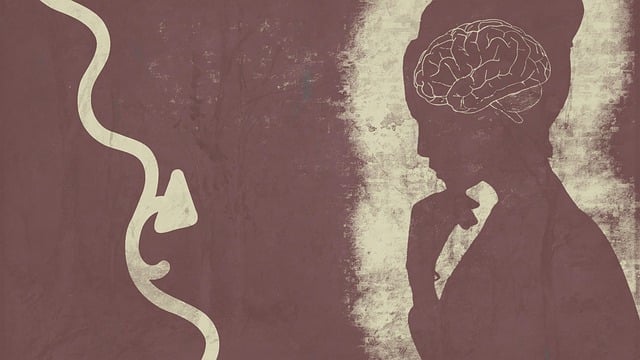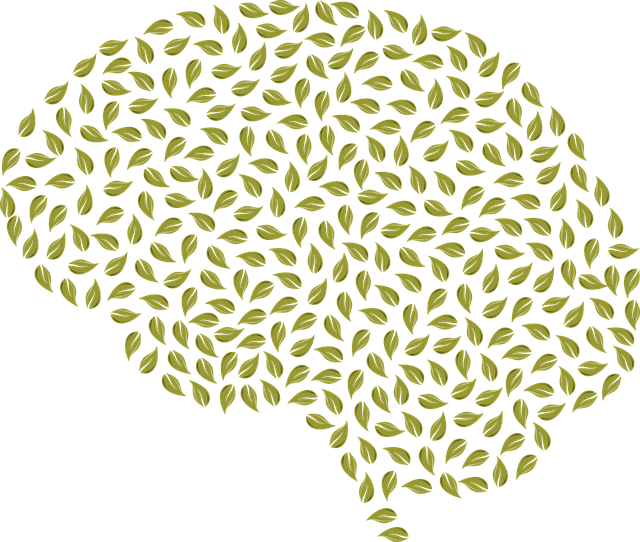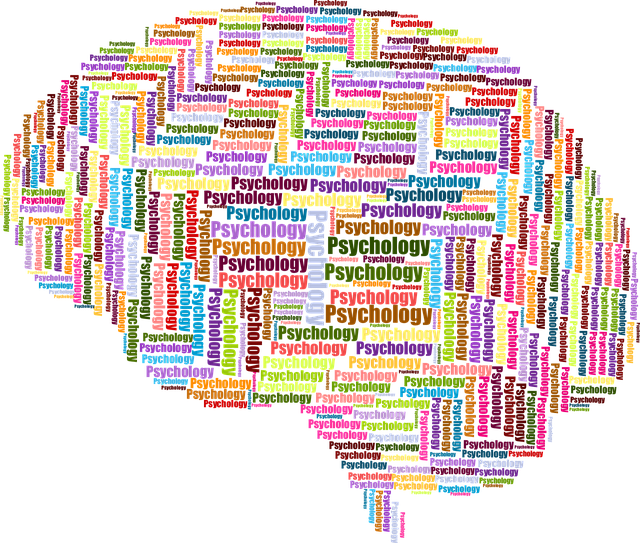Lakewood Geriatrics Therapy leverages the RFM (Recall, Frequency, Monetary value) framework to enhance care strategies for elderly patients. By analyzing memory, activity frequency, and monetary value attributed to activities, they identify at-risk individuals for cognitive decline or social isolation. This personalized approach includes targeted interventions like Social Skills Training, Community Outreach Programs, and resilience-building exercises. The therapy focuses on merging cognitive and behavioral techniques with physical activities to improve flexibility, strength, and mobility, ultimately fostering mental wellness and independence in seniors. Regular assessments are used to measure success and tailor care plans for optimal mental health outcomes.
“In the realm of geriatric care, resilience is a vital component for seniors navigating a world filled with challenges. At Lakewood Geriatrics Therapy, we’ve found that Implementing RFM (Readiness, Flexibility, and Mobility) exercises significantly enhances overall well-being. This article delves into the power of RFM in shaping robust aging minds. We explore its impact on geriatric care, dissect key factors for effective resilience building, and provide practical guides for designing training programs tailored to seniors’ needs. Learn how these strategies transform lives.”
- Understanding RFM and its Impact on Geriatric Care at Lakewood
- Identifying Key Factors: How RFM Guides Resilience Building Exercises
- Designing Effective Resilience Training Programs for Seniors
- Implementing RFM Strategies in a Geriatric Therapy Setting
- Measuring Success: Evaluating the Effectiveness of RFM and Resilience Building
Understanding RFM and its Impact on Geriatric Care at Lakewood

At Lakewood Geriatrics Therapy, understanding RFM (Recall, Frequency, Monetary value) is pivotal to enhancing care strategies for elderly patients. This simple framework helps identify and prioritize individuals who may be at higher risk of cognitive decline or social isolation, two significant challenges in geriatric care. By analyzing an individual’s memories, their frequency of engaging in certain activities, and the monetary value they attribute to these activities, caregivers can tailor interventions more effectively.
For instance, implementing Social Skills Training based on RFM insights could target individuals who have strong memories of social gatherings but infrequent participation due to financial constraints. Similarly, a Community Outreach Program Implementation focusing on self-care routine development for better mental health might benefit those who recall significant personal achievements but struggle to engage in such activities regularly because of monetary limitations. This approach ensures that care plans are not only personalized but also holistically address the diverse needs and barriers faced by elderly individuals at Lakewood Geriatrics Therapy.
Identifying Key Factors: How RFM Guides Resilience Building Exercises

Resilience building exercises are a vital component of overall well-being, and Lakewood Geriatrics Therapy recognizes the importance of tailoring these programs to individual needs. The RFM (Recency, Frequency, Monetary value) model serves as a powerful tool in this process by identifying key factors that influence an individual’s resilience.
By analyzing recency—how recent a person has engaged in resilient behaviors—frequency of participation in such activities, and the monetary value attached to their emotional well-being, Lakewood Geriatrics Therapy can design targeted interventions. For instance, a Community Outreach Program Implementation might focus on encouraging recent participants with higher engagement levels to increase their frequency through workshops and support groups, thereby fostering stronger resilience. Similarly, Emotional Healing Processes can be integrated into these programs, addressing any underlying mental health issues through tailored therapy sessions, thus enhancing overall mental health education programs design.
Designing Effective Resilience Training Programs for Seniors

Designing Effective Resilience Training Programs for Seniors involves understanding their unique needs and vulnerabilities. At Lakewood Geriatrics Therapy, we focus on tailoring interventions to enhance emotional well-being and coping mechanisms in older adults. These programs should incorporate a mix of cognitive and behavioral techniques, such as mindfulness exercises, stress management strategies, and social skills training. Tailoring the curriculum to address specific challenges faced by seniors, like isolation or mental illness stigma reduction efforts, is crucial.
The implementation of Crisis Intervention Guidance within these training sessions can empower seniors to navigate difficult situations with resilience. By fostering Mental Health Awareness, participants learn to recognize early warning signs of distress and seek appropriate support. Through interactive workshops and peer-led discussions, seniors develop a sense of agency, enabling them to bounce back from life’s challenges more effectively.
Implementing RFM Strategies in a Geriatric Therapy Setting

Implementing RFM (Resilience, Flexibility, and Mobility) strategies in a geriatric therapy setting at Lakewood Geriatrics Therapy is a proactive approach to enhancing the quality of life for older adults. These exercises are designed to foster mental wellness by focusing on physical activities that improve flexibility, strength, and overall mobility. By integrating RFM into traditional therapy sessions, healthcare professionals can create a holistic care plan tailored to each patient’s unique needs. This personalized approach not only aids in physical recovery but also plays a pivotal role in emotional well-being promotion techniques, contributing to the prevention of depression among the elderly population.
The Mental Wellness Podcast Series Production at Lakewood Geriatrics Therapy often incorporates RFM exercises into their content, highlighting the benefits for both physical and mental health. These sessions encourage patients to embrace a dynamic lifestyle, which is crucial in navigating the challenges that come with aging. Through regular practice, older adults can develop resilience, ensuring they maintain independence and a sense of purpose, thereby reducing the risk factors associated with depression prevention.
Measuring Success: Evaluating the Effectiveness of RFM and Resilience Building

Measuring success is a vital aspect of any therapeutic intervention, and when it comes to RFM (Resilience, Flexibility, and Mastery) and resilience-building exercises, evaluating their effectiveness is essential. At Lakewood Geriatrics Therapy, we employ various methods to assess the impact of these programs on our clients’ mental wellness and overall emotional healing processes. By setting clear goals and using standardized tools, we can track progress and ensure that our exercises are fostering true resilience.
Regular assessments help us identify areas where individuals may be excelling or struggling, allowing for tailored adjustments to their care plans. This continuous evaluation also enables us to monitor the prevention of burnout, which is a significant concern in healthcare professions. Through these methods, we can confidently adapt our approach, ensuring that each client receives personalized support to build resilience and maintain optimal mental health.
The implementation of RFM (Resilience, Flexibility, and Mastery) principles in geriatric care at Lakewood Geriatrics Therapy has proven to be a transformative approach. By integrating resilience-building exercises tailored to seniors’ unique needs, we can significantly enhance their ability to navigate life’s challenges. This article has explored the key factors, design considerations, and successful strategies for implementing RFM, offering valuable insights into improving geriatric therapy outcomes. Through measured evaluation, we can ensure that these programs meet the specific requirements of our senior population, fostering a more resilient and fulfilling life for all.














